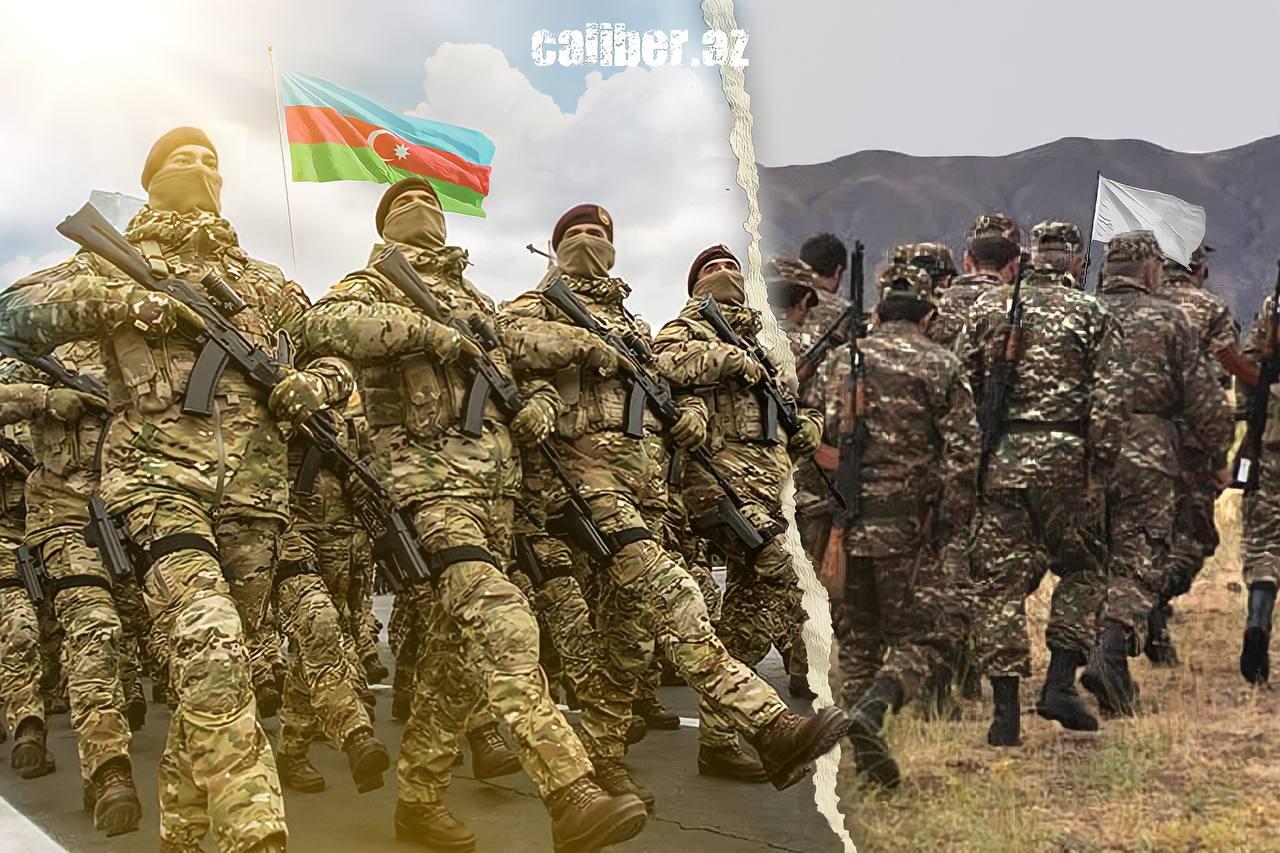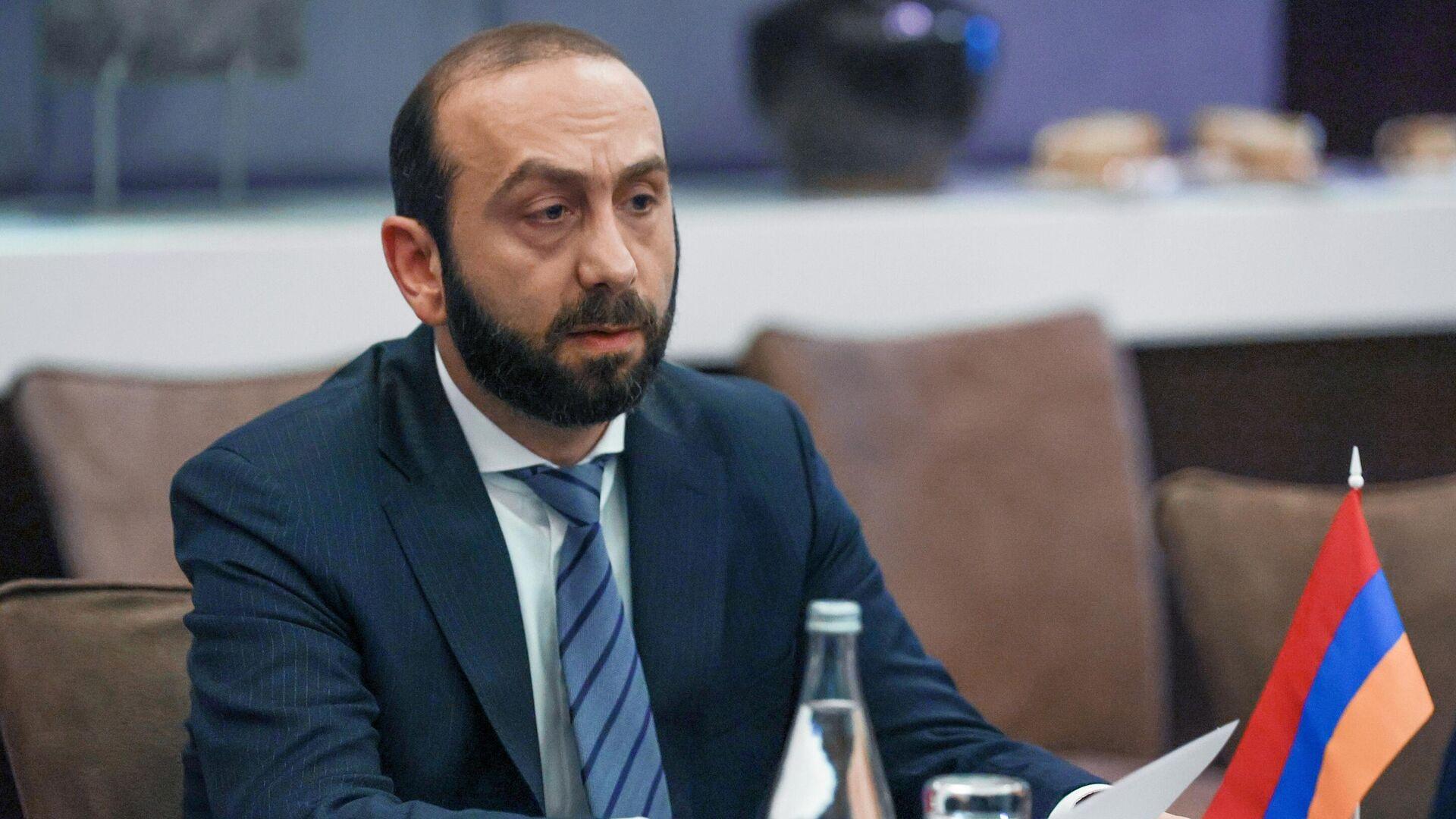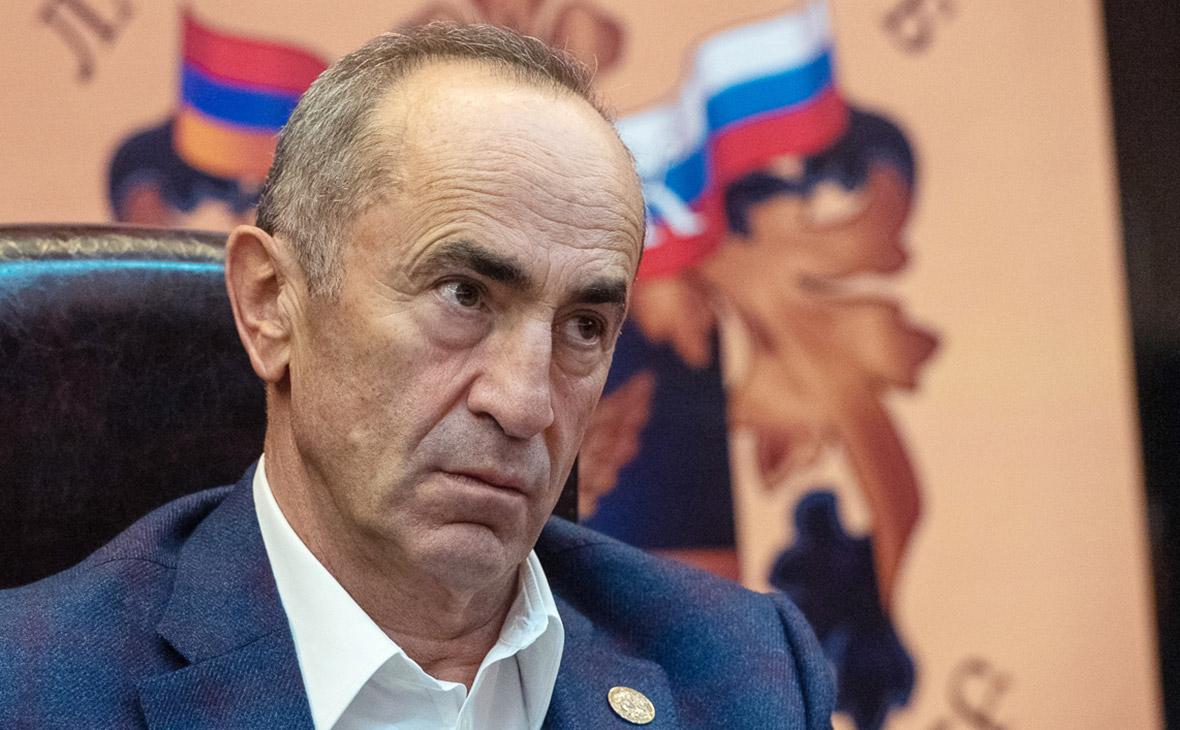Armenian leaders face unprecedented disapproval A survey of distrust
A new public opinion survey has been conducted in Armenia, commissioned by the International Republican Institute and executed by Breavis from September 13 to 25 through telephone interviews (CATI). The survey included 1,503 respondents, comprising citizens of Armenia and "forced migrants from Nagorno-Karabakh," referring to individuals who had unlawfully resided in Azerbaijan's temporarily occupied territories.
Notably, individuals who had been living in Armenia for less than six months were excluded from the sample. The margin of error is ±2.5%, with a response rate of 19%. With these details in mind, let's delve into the findings. The survey reveals a striking crisis of public trust in virtually all institutions and figures. Naturally, we will begin by evaluating the approval ratings of current Armenian politicians.
Thus, Armenian Prime Minister Nikol Pashinyan has a positive approval rating of only 16% among his fellow citizens. Just think about that number! Even an outspoken loser like French President Emmanuel Macron enjoys the trust of a slightly larger segment of his compatriots than his constant foreign policy partner, Pashinyan. Yes, like attracts like, but even considering this life truth, Pashinyan appears quite pitiful. No amount of political manoeuvring seems to help him, not even his bicycle rides. In fact, just recently, while cycling in Gyumri, Pashinyan became the target of local stray dogs. The Prime Minister and his security team had to flee, and the news of this, to put it mildly, did not enhance respect for a man who has proven incapable of solving even such a problem.
Everyone in Armenia remembers that Pashinyan promised to recognize "Nagorno-Karabakh," to address the country's demographic issues, and to elevate the Armenian army to rank among the world's top twenty military forces. Ultimately, Armenia lost the war to Azerbaijan, our country fully restored its sovereignty and territorial integrity, while the Armenian army still struggles to recover from the debacle experienced during the 44-day war.

Moreover, the demographic issue in Armenia is only worsening. Against this backdrop, it's striking that Pashinyan's approval rating stands at a mere 16%. Notably, his disapproval rating has not been published. However, data regarding other Armenian politicians’ ratings have been released. It turns out that only 4% of respondents support the country’s Minister of Foreign Affairs, Ararat Mirzoyan. The situation is even bleaker for the Speaker of the National Assembly, Alen Simonyan, who received approval from just 2% of those surveyed.

To say that this reflects the disdain of Armenian society toward these two figures is an understatement. Consequently, all their statements, including calls for the urgent signing of a peace treaty with Azerbaijan, warrant no attention from Baku. These individuals are merely talking without any significant support within their own country. This, by the way, poses a considerable problem for Pashinyan. It means he lacks a political successor, casting doubt on the future of the entire project he leads.
In this context, the position of official Baku gains even more relevance and justification. Armenia must amend its constitution to eliminate any territorial claims against Azerbaijan.
When you look at the public opinion data in Armenia, it’s clear that Pashinyan has the trust of less than one-fifth of the population. How can a peace treaty be signed with a politician who commands such limited support, especially without constitutional changes in Armenia? The answer is clear: it cannot. The new Armenian government could simply nullify all agreements signed by Pashinyan.

Pashinyan’s main political rival, former President Robert Kocharyan—who is infamous for his grotesque remark about the "genetic incompatibility of Armenians and Azerbaijanis—enjoys the respect of only 2% of survey participants. Notably, the name of the "provocateur in robes," Bagrat Galstanyan, was absent from this poll, likely because his approval rating falls "within the margin of error."
In fact, the opposition in Armenia is held in even lower regard than the current government. However, it's worth noting that 26% of respondents expressed satisfaction with the activities of the Armenian Church. While 33% are very dissatisfied with the Armenian Apostolic Church, its approval rating still surpasses that of Pashinyan. And we all remember the radical and provocative stance the Church has taken regarding territorial claims against Azerbaijan.
This serves as further evidence that a peace treaty cannot be signed with Armenia without addressing the fundamental issue: amending its constitution. It is crucial to ensure that, should there be a change in government in Armenia, the sitting or new Catholicos of all Armenians does not incite the faithful to a new war against Azerbaijan based on the constitutional provisions that contain territorial claims against the country.








